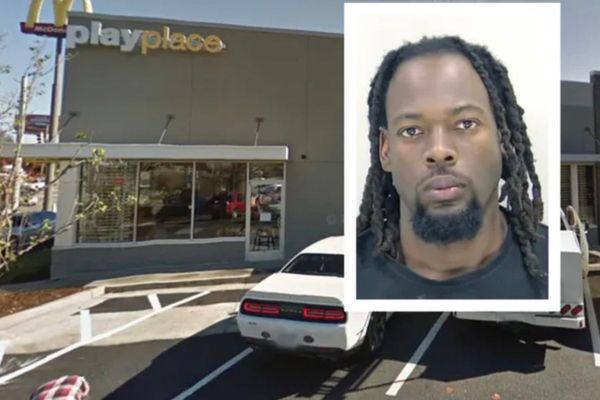SANTIAGO, Chile — Chile President Gabriel Boric said he will work to boost economic growth and better disseminate wealth while healing tensions from years of social unrest, in his first speech after being sworn in as head of state.
The new administration will help small companies and prioritize a reduction in working week hours, Boric, 36, told onlookers outside the presidential palace in downtown Santiago on Friday. The economy has to grow even as the pandemic lingers, and the benefits have to reach all segments of society, he said.
“The country has to get back on its feet, grow and distribute the fruits of its growth in a just way,” Boric said. “When there’s no wealth distribution, when wealth is concentrated in the hands of only a few, it’s very difficult to have peace. We need to redistribute the wealth that Chileans produce.”
Boric’s speech heralds the start of Chile’s most left-wing government in half a century that will be led by its youngest president ever. It is also the most feminist, with women taking charge of 14 of the 24 ministries. The former student protest leader won a decisive victory in December’s runoff on pledges to promote a more equal, tolerant and greener future for one of Latin America’s richest nations. Investors are hoping that doesn’t come at the cost of fiscal stability.
More broadly, his victory has galvanized the political left across Latin America, tapping into demands for a stronger government presence in the region that arguably suffered the most during the pandemic. Later this year, Colombia and Brazil will hold presidential elections and currently have leftist front-runners.
Chile’s new administration may be in for a quick reality check as the country is buffeted by an unprecedented combination of economic, social and political upheaval. Challenges include climate change, energy and migration, Boric said.
The government will have to face demands for better public services, following a wave of protests that started in 2019, at the same time that it reins in stimulus introduced during the pandemic and moves to tame high inflation. It must also deal with a surge in illegal immigration, a violent land dispute with the Mapuche indigenous group and persistent worries over urban crime.
Meanwhile, Boric’s plans to boost tax revenue to tackle these issues, funding programs from health care to education, are being complicated by a sharp slowdown in economic growth.
And in the background, the Constitutional Convention is rewriting the nation’s charter, which should be put to a referendum later this year. Some of the articles that have emerged from committees have been panned as radical, prompting concern both among investors and the broader population.
As constitution writers advance on the charter, government officials will “decidedly” support the convention, Boric said. The document has to represent the entire country, including women and indigenous communities, he said.
“We need a constitution that unites us and that we can call ours,” he said. “A constitution that, unlike the one that was forced on us with fire, blood and fraud during the dictatorship, is born in democracy.”







